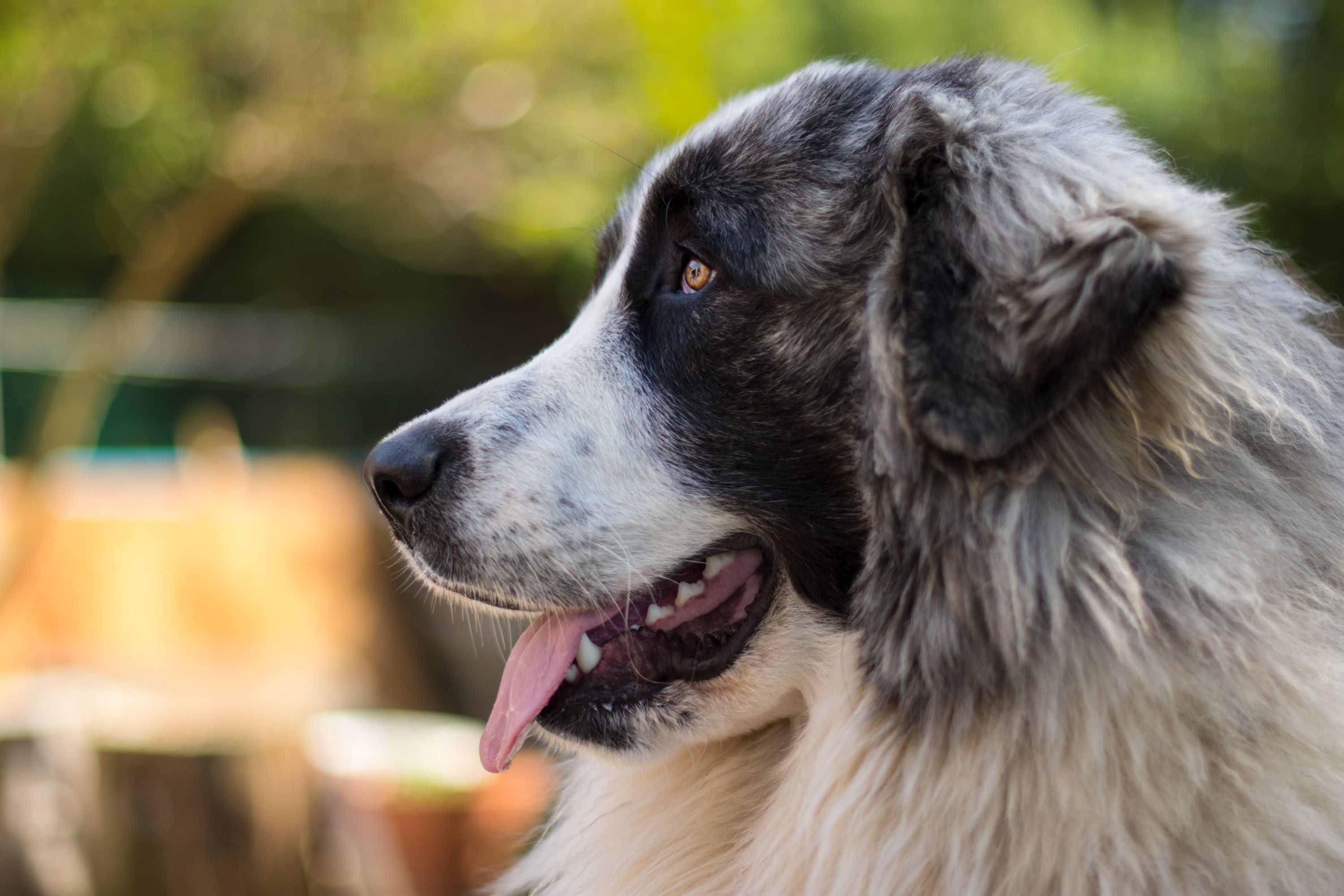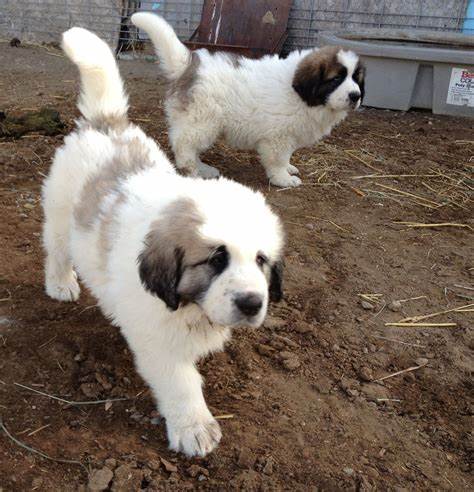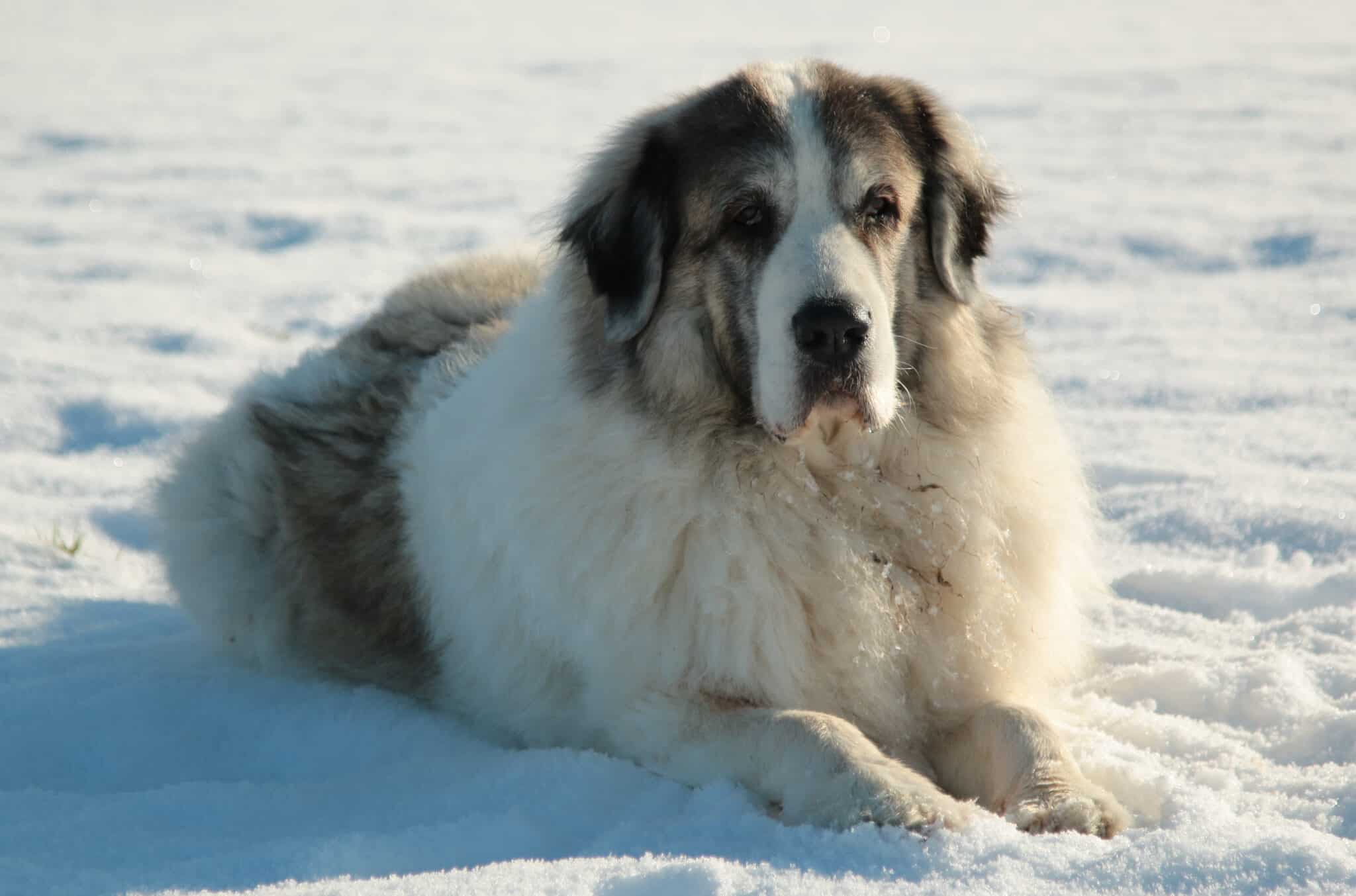
The Pyrenean Mastiff, or Mastín del Pirineo, is a giant livestock guardian dog that originated in the Aragonese Pyrenees of northeastern Spain. Bred for centuries to protect herds of sheep from predators like wolves and bears, the Pyrenean Mastiff was valued for its immense size, strength, and steadfast loyalty.
Unlike the smaller and more agile Pyrenean Mountain Dog (or Great Pyrenees), which shares a similar name but is a different breed, the Pyrenean Mastiff was bred specifically for guarding, not herding. They accompanied transhumant shepherds—those who seasonally moved their flocks—and served as a natural deterrent to threats, including human poachers.
The breed declined in numbers during the 20th century but was revived in the 1970s by dedicated Spanish breeders. Today, it's still a relatively rare breed outside of Europe but is gaining attention for its calm temperament and regal bearing.
While not widely known outside of Europe, the Pyrenean Mastiff is beloved by enthusiasts for being a gentle giant—powerful, calm, and dignified. Its popularity is growing among those who want a protective yet loving family dog with a majestic appearance.
It is officially recognized by the Federation Cynologique Internationale (FCI) and has also gained recognition with various kennel clubs worldwide, though it's still considered rare in the U.S. and UK.
The Pyrenean Mastiff is a massive, heavily built dog, combining power and grace. It is longer than tall, with a deep chest and broad head. Its lush double coat and noble expression contribute to its imposing presence.
• Height: 25–32 inches (64–81 cm)
• Weight: 120–240 pounds (55–110 kg)
• Build: Strong, well-proportioned, muscular
• Coat: Thick, medium to long, dense double coat
• Colors: Always white with distinct colored patches (usually black, fawn, brindle, gray, or golden)
• Eyes: Almond-shaped, dark, expressive
• Ears: Medium-sized, triangular, hanging close to the head
• Tail: Long, feathered, carried low when relaxed
Despite their size, Pyrenean Mastiffs are surprisingly elegant in motion.
Despite their powerful appearance, Pyrenean Mastiffs are calm, gentle, and affectionate, especially with their families. Their original purpose as livestock guardians means they are naturally independent thinkers, alert but not aggressive unless provoked.
• Gentle: Patient and kind with children and other animals
• Protective: Instinctively guards family and property, but not aggressive
• Independent: Can be aloof and thoughtful—needs experienced handling
• Quiet: Doesn’t bark excessively unless necessary
• Loyal: Deeply devoted to family
These dogs are slow to mature, both physically and mentally, and often retain a puppy-like demeanor well into their second year.

For those seeking a calm, protective, and majestic family companion, the Pyrenean Mastiff offers both form and function. It’s ideal for spacious, rural homes or farms where its natural guarding instincts can shine.
Best suited for:
• Experienced dog owners
• Families with space and time
• Homes in rural or suburban areas
• People who want a guardian dog with a gentle soul
• Exercise: Moderate—daily walks and time in a secure yard. Despite their size, they aren’t hyperactive.
• Training: Start early. They’re intelligent but can be stubborn. Use positive reinforcement and patience.
• Grooming: Regular brushing (2–3 times/week) is needed to control shedding and keep the coat clean.
• Living Environment: Prefers cool climates and large, open spaces. Not suitable for apartment living.
• Feeding: Diet must support slow growth during puppyhood to prevent orthopedic issues; consult with your vet.
As a giant breed, the Pyrenean Mastiff has some typical health risks:
• Hip and elbow dysplasia
• Bloat (gastric torsion) – common in large breeds; feeding smaller, frequent meals helps
• Entropion (inward-rolling eyelids)
• Heart conditions (less common)
Lifespan is relatively good for a giant breed: 10–13 years.

• Great Pyrenees: More common and similar in size, but typically all white; the Pyrenean Mastiff has distinct patches and a calmer demeanor.
• Spanish Mastiff: Larger and more rugged; Pyrenean Mastiff is more refined and often gentler indoors.
• Leonberger: Both are large and gentle, but the Pyrenean Mastiff is more protective and less playful.
Choose this breed if you want a peaceful, loyal, and watchful companion who also happens to be stunningly majestic. The Pyrenean Mastiff thrives in homes that understand its need for space, calm leadership, and gentle care.
Avoid this breed if:
• You live in a small space or hot climate
• You’re a first-time dog owner
• You can’t manage a dog that may weigh more than 200 pounds
• You want a high-energy or overly affectionate breed
Because of its rarity, reputable breeders and international contacts may be needed. Ask for health clearances, especially for hips and eyes. United Pet Club supports large breeds like the Pyrenean Mastiff with tools such as microchip registration, pet passports, and discounted orthopedic equipment.